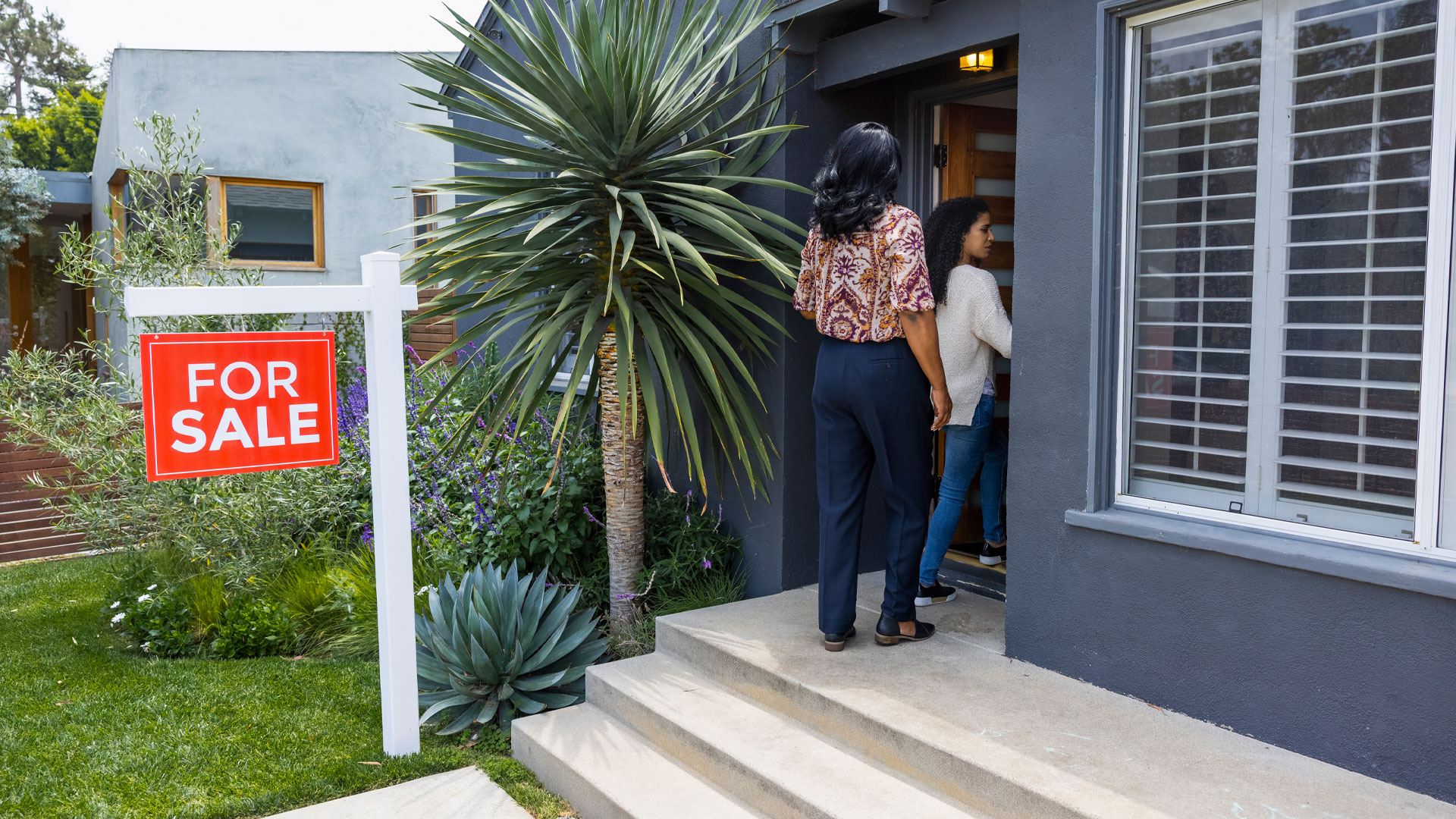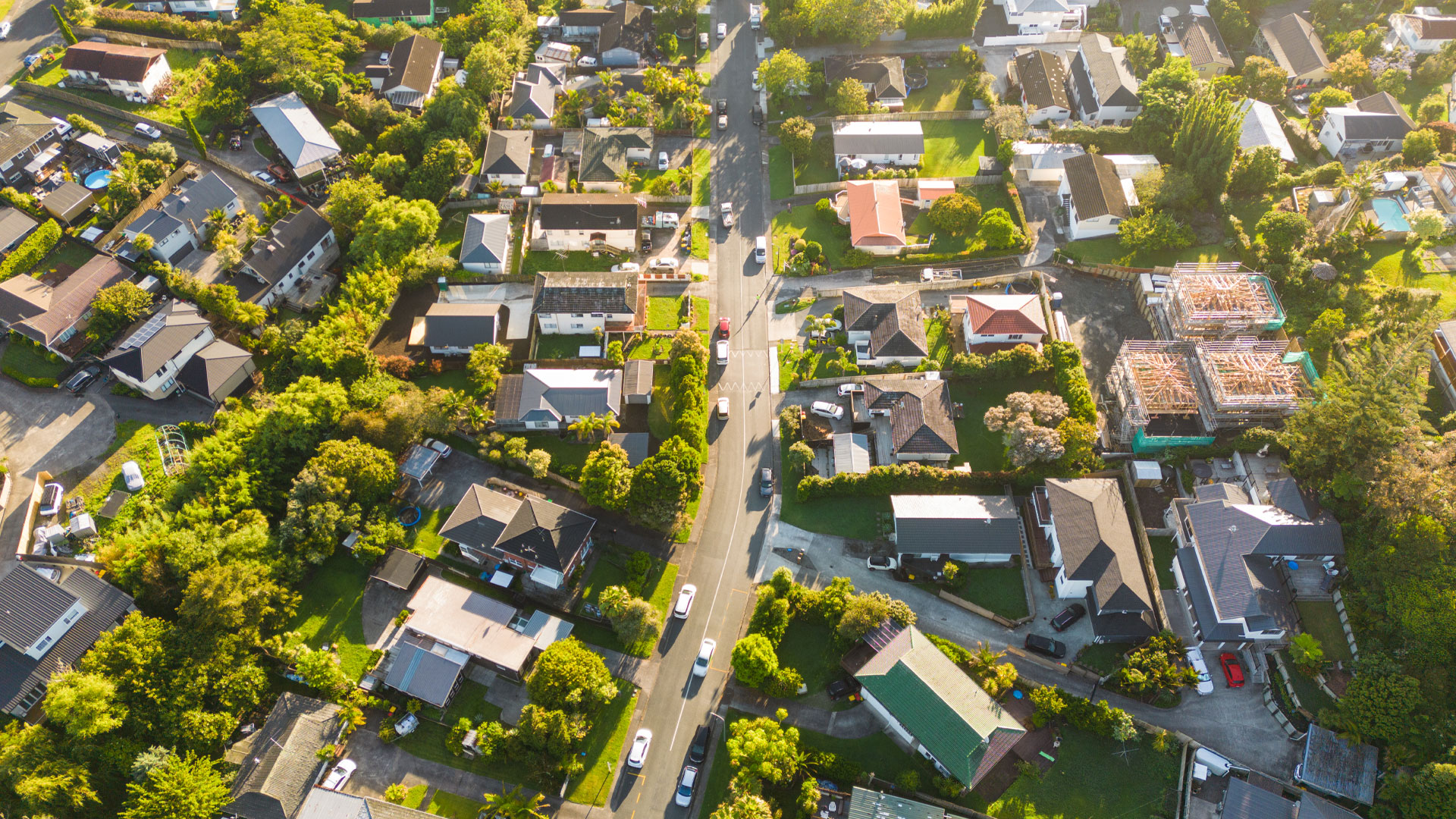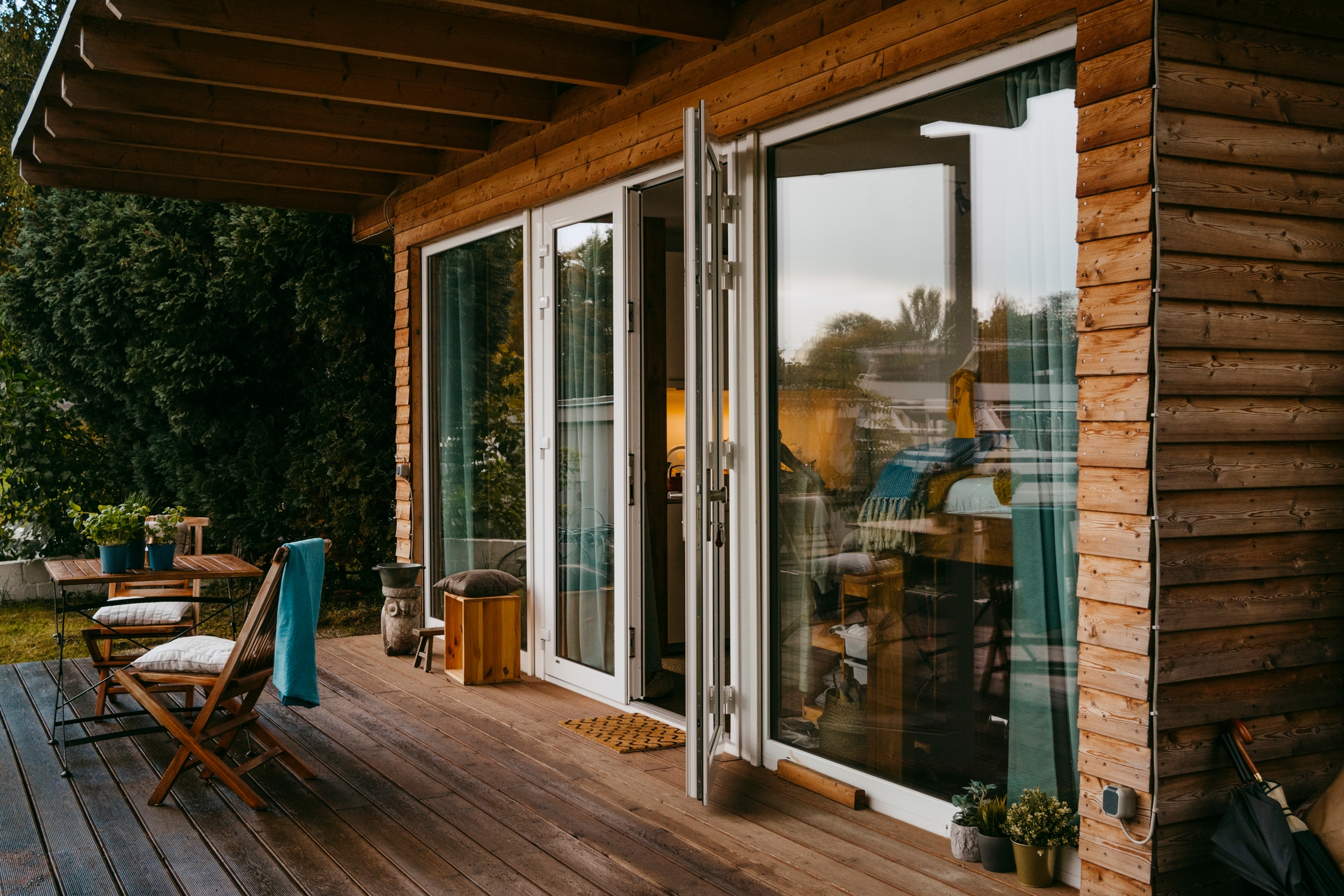Selling guide
Setting a home sale price: how much is your house worth?
How do you price your most valuable asset?

Before you settle on a sale price, it's a good idea to do some research. The goal is to find that pricing sweet spot: high enough to meet your goals, but realistic enough to attract buyers.
So, how do you figure out what your house is worth?
If you're preparing to sell in New Zealand, this is probably one of the first questions you'll ask. And unless you've sold before, it can be hard to know what a fair asking price looks like.
Your home is likely your most valuable asset, so it’s natural to want the best return. But price it too high, and you may struggle to get potential buyers through the door.
Here’s how to get a clearer idea of your home’s value, whether you’re selling with an agent or on your own.
Get a preliminary idea of what your home is worth using our free insights tool.
Tips for Working Out Your Home’s Value
1. Start with free insights
Start with Trade Me Property Insights, where you can check:
- Rateable values (RVs)
- Automated price estimates
- Recent sales in your area
- Records on over 1.9 million properties in New Zealand
You can also see what similar homes in your area are worth, giving you a decent ballpark for where your place might sit.
2. Keep up with the market
NZ’s property market can shift quickly, so it’s worth keeping tabs on trends. Regularly check trusted property news sites or local real estate reports for your area, these give useful insight into demand, buyer behaviour and price movements.
3. Scope out the competition
Keep an eye on properties in your neighbourhood that are up for sale, especially those that are similar in size, style and condition. Take note of:
- Their asking prices
- How long they’re on the market
- Whether they’ve sold or been withdrawn
- Any features or upgrades that make them stand out
This will help you gauge what buyers are currently willing to pay, and spot any gaps or opportunities to boost your home’s value.
If You're Selling with an Agent
Get a free appraisal (before you sign anything)
Most real estate agents will offer a free, no-obligation appraisal. They'll assess your property, compare it to others they've sold recently, and give you a pricing range based on their experience.
It’s a helpful starting point, but keep in mind:
- It’s not an official valuation
- The figure may be broad rather than exact
- Agents are hoping to win your listing, so may be optimistic in their pricing
If you’ve got a minimum price in mind, let the agent know early. That way, you’re both on the same page from the outset.
Finalising your price after hiring an agent
Once you’ve chosen your agent, one of your first jobs together will be setting the final asking price. They’ll guide you based on:
- Local sales data
- Your home’s condition and features
- The method of sale (e.g. auction, negotiation, tender)
You can also choose to get a registered valuation at this point, to add confidence to your chosen figure.
If You're Selling Privately
Going it alone? You won’t have an agent to lean on, but you can still access plenty of helpful info.
- Ask agents for price guidance (some will still offer advice, even if you’re not listing with them right away)
- Research similar sales in your suburb
- Consider getting a professional valuation
Getting a registered valuation
A property valuer will visit your home and provide a detailed report that considers:
- The size and layout of your home
- General condition and any maintenance needs
- Land type and title
- Construction and materials
- The surrounding neighbourhood
- Proximity to amenities, schools and transport
It’s not free, but it can be worth it for peace of mind, especially if you’re navigating the sale process solo.
Bottom line:
Whether you’re listing with an agent or selling privately, doing your pricing prep properly sets you up for success. A well-researched sale price helps attract serious buyers, and gives you a strong foundation for negotiation.
Author
Advice & Tools
Search
Other articles you might like








